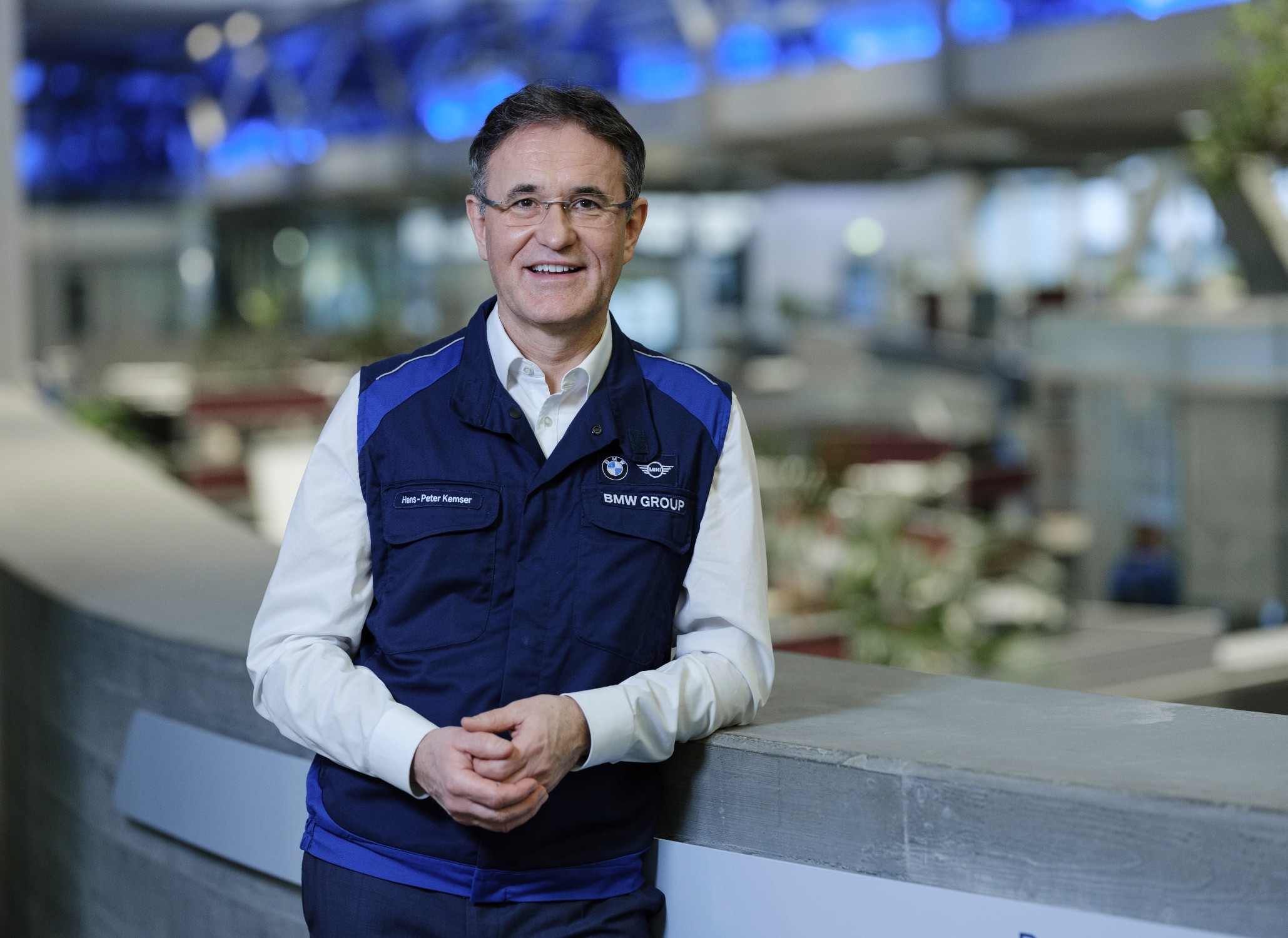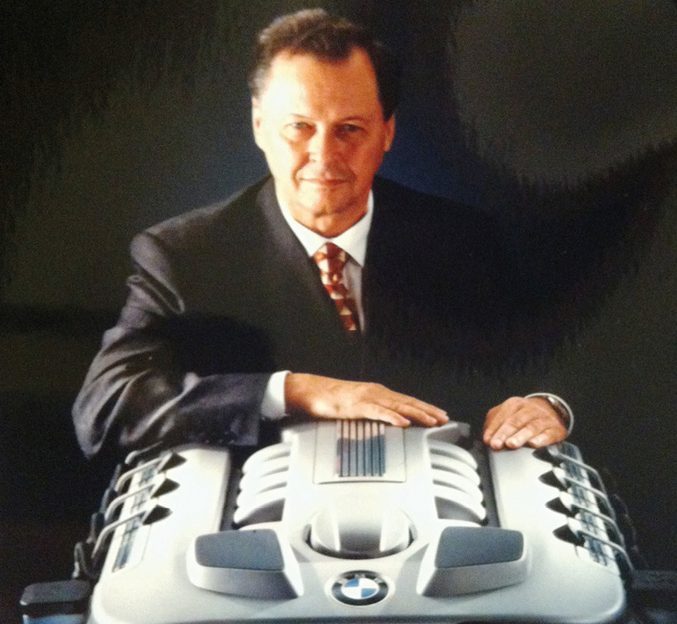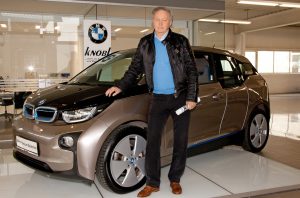
"We are very much looking forward to many Hungarians becoming part of the BMW family."Continue reading

Hungarians are an innovative and inventive people, with numerous Nobel Prize winners and inventions, most of which are not known to have originated in Hungary. It is hardly surprising then that a Hungarian also had a hand in the development of the diesel engine. Dr. Ferenc Anisits, who is also known as the “Diesel Pope,” tells the Hungarian car website automotor.hu about his life.
Hungarian President Katalin Novák awarded the Széchenyi Prize to Dr. Ferenc Anisits on Hungary’s National Day on March 15 in recognition of his world-class achievements in diesel engine development and his innovative and successful engineering work.
Dr. Ferenc Anisits was born in Szolnok on December 23, 1938. He graduated as an agricultural engineer from Budapest University of Technology in 1962 and earned his doctorate from Braunschweig University of Technology in 1973.
In the interview, he recounts that as a young child he experienced the atrocities of World War II, spending his days in air-raid shelters and witnessing the German and Russian occupations. Later, he says, he was caught up in his 1956 past, so he emigrated to Germany, where he overcame challenges without language skills or support and through professional self-education. After earning his doctorate at the University of Braunschweig, his career path took him to Switzerland, where he worked as a development manager for five years. He then moved back to Germany, to Mannheim, and worked for almost twenty years as head of BMW’s diesel development and research center.
About himself, Anisits admits that
while he does not have any outstanding talents, he does possess a wide range of interests, a thirst for knowledge, a systematic, structured and sober mind, a good reading, sportsmanship, and a strong faith.
He explains that teamwork was significant to his successes, however, it was not an easy task to “turn a team of half a hundred people recruited off the street, most of them Austrians, into a top team under a Hungarian manager.”
When asked where he feels at home, he says that for him his hometown of Szolnok still means home. He remembers his Christian community, his awakened interest in steam locomotives, and the wild coast of the Tisza River. He explains that the city has evolved over time from houses built of mud to an increasingly beautiful and livable metropolis.
However, he does not like the fact that the gradual Americanization of the Western world since the 1990s has replaced civilization with a sandbox of individualism in which individuals, like grains of sand, have become looser, more isolated, more abandoned, more rootless, and more socially divided in their relationships.

Ferenc anisits Magyar Mérnöki Kamara FB
People are dependent on the plans of others, live in chronic passivity, and drift in a constant state of pessimism,”
he stated.
When asked what he thinks about global warming or renewable energy as an engineer and scientist, he says that climate science is an objective science, and global warming is undeniable. According to him, it is right to develop drought-tolerant plants and build water reservoirs, and we should focus on using geothermal energy. However, the technological transition to the new system is a very demanding and complex task, he added.
Cover photo: BMW Group